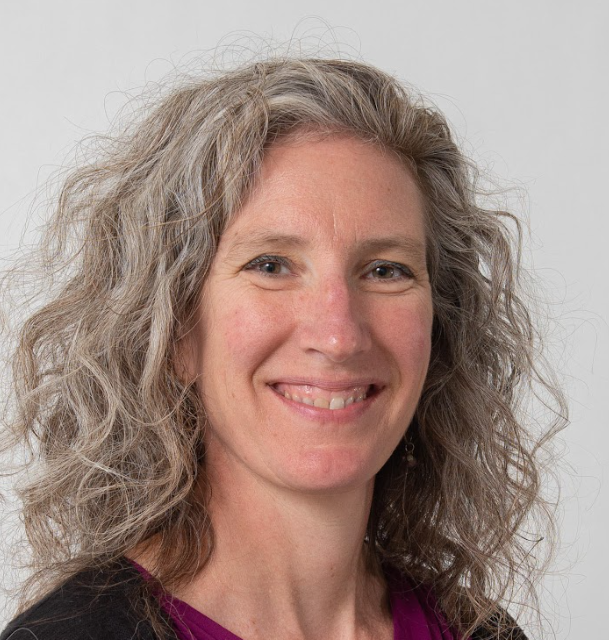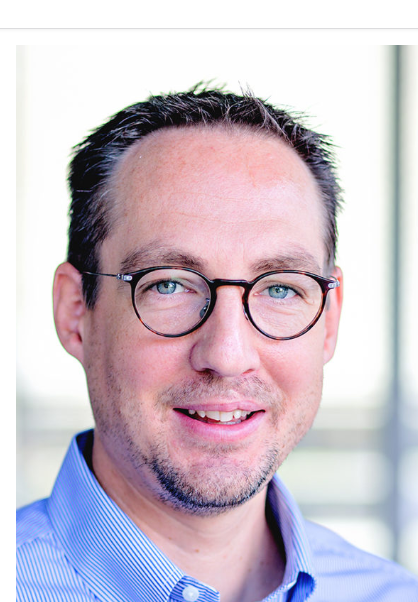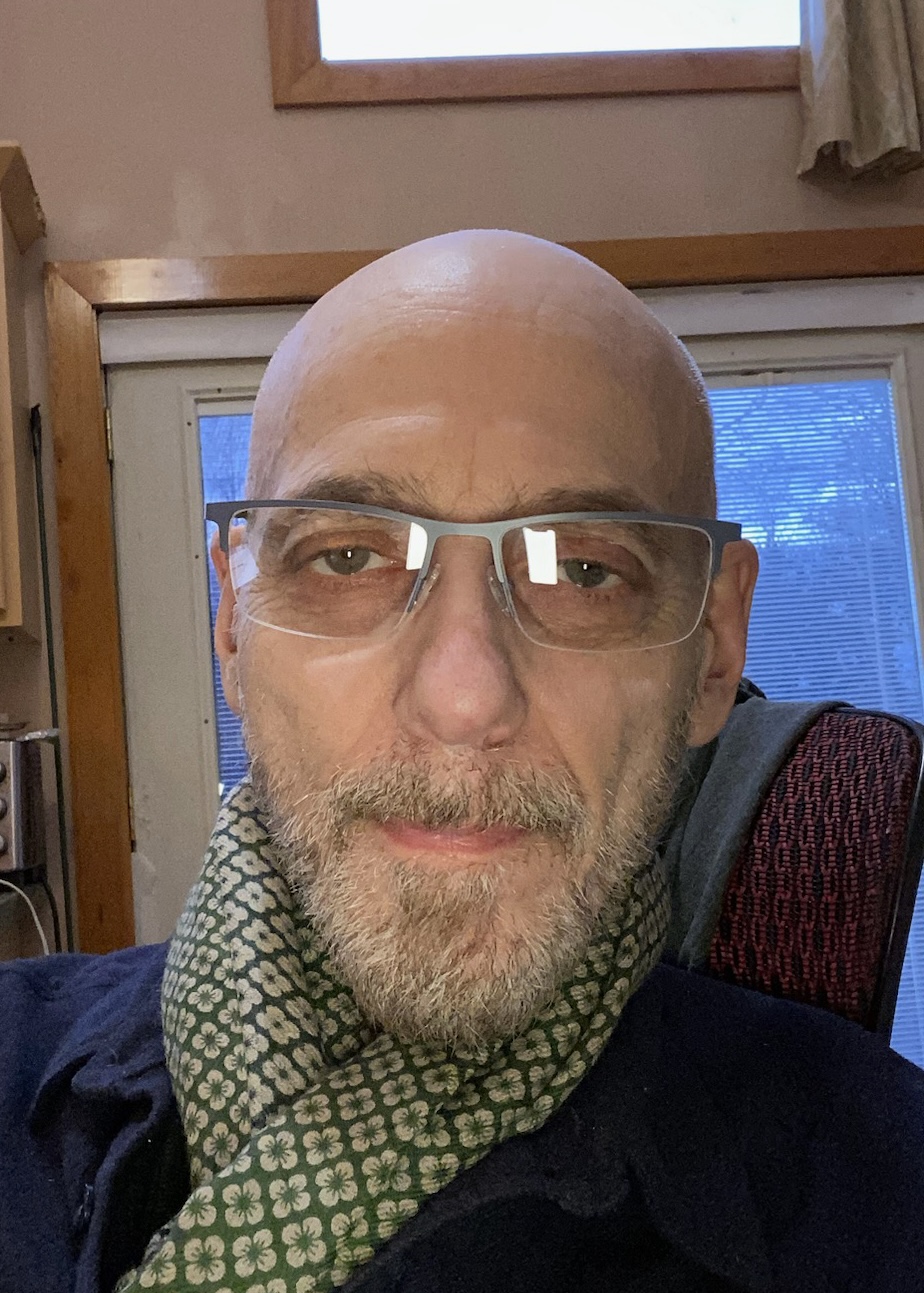Watch multidisciplinary experts and a patient advocate discuss novel immunotherapeutic options for patients with non-driver mutation metastatic NSCLC, and how to best support patients throughout their treatment journey.
Target Audience
This activity has been designed to meet the educational needs of specialists involved in the management of non-driver mutation metastatic NSCLC, including academic and community medical oncologists, pathologists, oncology pharmacists and advanced practice providers.
Disclosures
USF Health adheres to the Standards for Integrity and Independence in Accredited Continuing Education. All individuals in a position to influence content have disclosed to USF Health any financial relationship with an ineligible organization. USF Health has reviewed and mitigated all relevant financial relationships related to the content of the activity. The relevant relationships are listed below. All individuals not listed have no relevant financial relationships.
Faculty
Prof. Raffaele Califano discloses: Advisory board or panel fees, consultancy fees, and speaker’s bureau fees from AstraZeneca, Bayer, Boeringher Ingelheim, Bristol Myers Squibb, Janssen, Lilly Oncology, MSD, Novartis, Pfizer, Roche, Sanofi and Takeda. Grants/research support from Abbvie, AstraZeneca, Bristol Myers Squibb, Clovis, Janssen, Lilly Oncology, MSD, Novartis, Pfizer, Roche and Takeda. Stock/shareholder (self-managed) from Leaders in Oncology.
Prof. Lisa Holle has no interests/relationships or affiliations to disclose in relation to this activity.
Prof. Albrecht Stenzinger discloses: Advisory board or panel fees, and speaker’s bureau fees from AGCT, AstraZeneca, Bayer, Bristol Myers Squibb, Eli Lilly, Illumina, Janssen, MSD, Novartis, Pfizer, Roche, Seattle Genetics, Takeda and Thermo Fisher. Grants/research support from Bayer, Bristol Myers Squibb, Chugai and Incyte.
Mr Josh Colow has no interests/relationships or affiliations to disclose in relation to this activity.
Content reviewer
Angela Hill, PharmD, CRPh has no financial interests/relationships or affiliations in relation to this activity.
Touch Medical Director
Katrina Lester has no financial interests/relationships or affiliations in relation to this activity.
USF Health Office of Continuing Professional Development and touchIME staff have no financial interests/relationships or affiliations in relation to this activity.
Requirements for Successful Completion
In order to receive credit for this activity, participants must review the content and complete the post-test and evaluation form. Statements of credit are awarded upon successful completion of the post-test and evaluation form.
If you have questions regarding credit please contact cpdsupport@usf.edu
Accreditations
Physicians
This activity has been planned and implemented in accordance with the accreditation requirements and policies of the Accreditation Council for Continuing Medical Education (ACCME) through a joint providership of USF Health and touchIME. USF Health is accredited by the ACCME to provide continuing medical education for physicians.
USF Health designates this enduring material for a maximum of 1.0 AMA PRA Category 1 CreditTM. Physicians should claim only the credit commensurate with the extent of their participation in the activity.
The European Union of Medical Specialists (UEMS) – European Accreditation Council for Continuing Medical Education (EACCME) has an agreement of mutual recognition of continuing medical education (CME) credit with the American Medical Association (AMA). European physicians interested in converting AMA PRA Category 1 CreditTM into European CME credit (ECMEC) should contact the UEMS (www.uems.eu).
Advanced Practice Providers
Physician Assistants may claim a maximum of 1.0 Category 1 credits for completing this activity. NCCPA accepts AMA PRA Category 1 CreditTM from organizations accredited by ACCME or a recognized state medical society.
The AANPCP accepts certificates of participation for educational activities approved for AMA PRA Category 1 CreditTM by ACCME-accredited providers. APRNs who participate will receive a certificate of completion commensurate with the extent of their participation.
Pharmacists
USF Health is accredited by the Accreditation Council for Pharmacy Education as a provider of continuing pharmacy education. This knowledge-based program has been approved for 1.0 contact hours (1.0 CEUs). Universal program number is as follows: 0230-9999-23-005-H01-P.
Date of original release: 27 March 2023. Date credits expire: 27 March 2024.
If you have any questions regarding credit please contact cpdsupport@usf.edu





